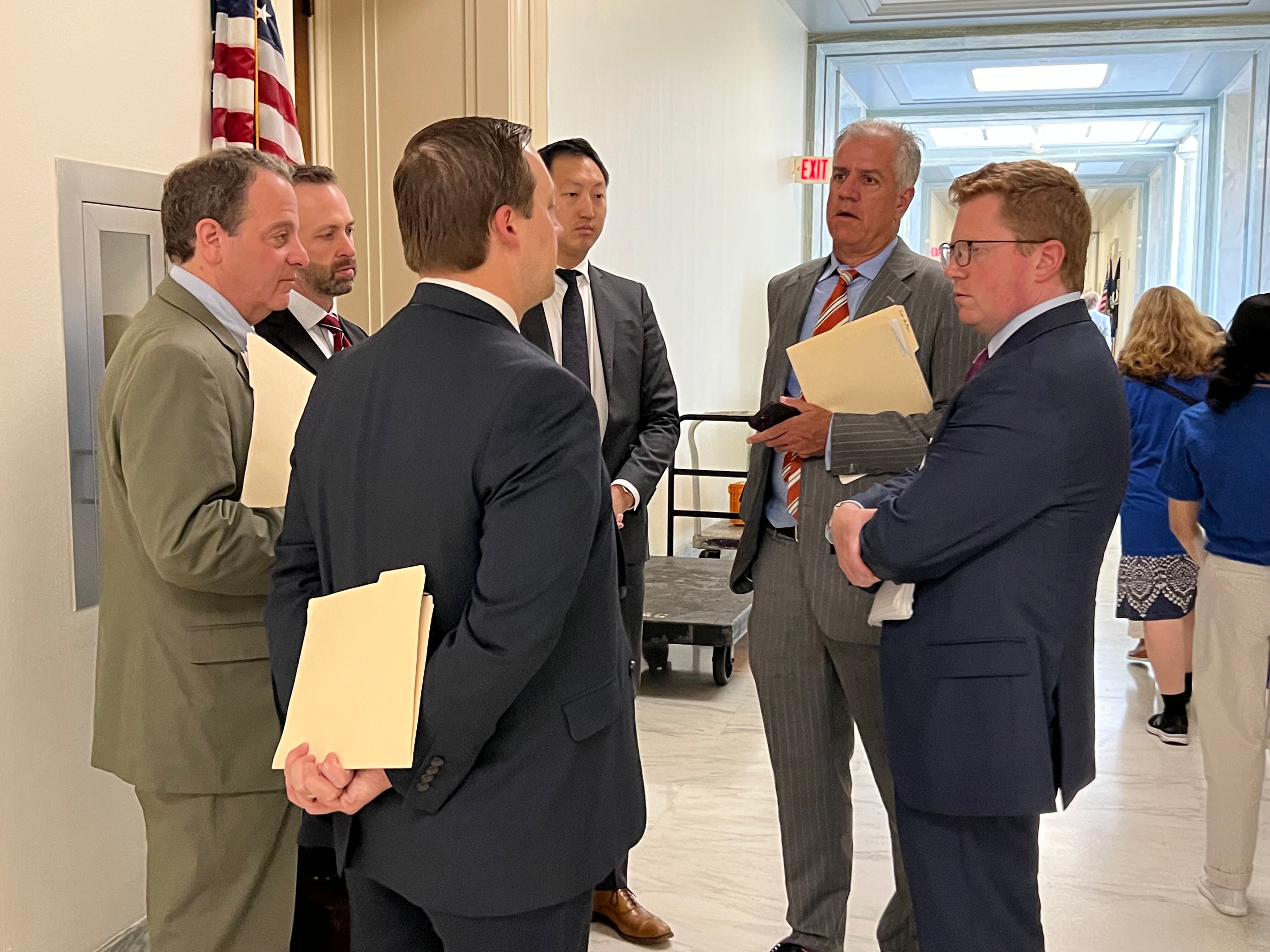Preserving Patient Access and Physician Reimbursement in Medicare Drug Pricing ReformOctober 2023 LUGPA has long recognized the need for comprehensive healthcare reform, including efforts to reduce drug prices in Medicare. However, the proposed reductions in reimbursement for Part B and Part D drugs under the Inflation Reduction Act raise serious concerns for independent healthcare providers. The Inflation Reduction Act proposes substantial reductions in reimbursement for Part B and Part D drugs under Medicare, with a minimum reduction of 35 percent and the potential for a 50 percent reduction, as projected by the Congressional Budget Office. These reductions, while aimed at lowering healthcare costs, could jeopardize patient access to crucial medications, especially for those under the care of independent healthcare providers. Independent providers currently rely on a 6 percent add-on payment for Part B drug administration, and the proposed cuts may threaten their ability to provide essential treatments. The Protecting Patient Access to Cancer and Complex Therapies Act (S. 2764, H.R. 5391) is a critical piece of legislation designed to ensure patients' continued access to essential medications while protecting healthcare providers from the adverse impacts of drug pricing negotiations between Medicare and pharmaceutical manufacturers. The Protecting Patient Access to Cancer and Complex Therapies Act (S. 2764, H.R. 5391): Introduced by U.S. Senator John Barrasso (R-WY), U.S. Representative Michael Burgess (R-TX), and U.S. Representative Greg Murphy (R-NC), this act addresses these concerns by offering a technical fix to a key provision of the Inflation Reduction Act related to drug pricing negotiations. The Inflation Reduction Act's current language would base Medicare reimbursement rates for negotiated drugs on the Maximum Fair Price (MFP) negotiated by the Centers for Medicare and Medicaid Services (CMS), plus six percent, rather than the standard Average Sales Price (ASP) plus six percent. The use of MFP as the basis for reimbursement threatens to significantly reduce Part B drug reimbursements, creating challenges for community oncology practices in administering medications and sustaining their operations. An analysis by Avalere Health estimates a minimum 49.5 percent reduction in Part B reimbursement for providers, an unsustainable and imprudent cut for those treating cancer and other life-threatening conditions. Such reductions could lead to the closure of practices, making it harder for patients to access life-saving medications, potentially forcing them to travel farther or seek treatment at more expensive hospital facilities. Key Benefits of the Proposed Legislation:
The Protecting Patient Access to Cancer and Complex Therapies Act offers a balanced solution to these concerns by preserving physician reimbursement, safeguarding independent providers, achieving cost savings for Medicare, and streamlining drug pricing negotiations. LUGPA will continue to work to educate policymakers on the proposed reforms, prioritizing the protection of patient access and the sustainability of independent healthcare practices in the context of Medicare drug pricing reform.
|




